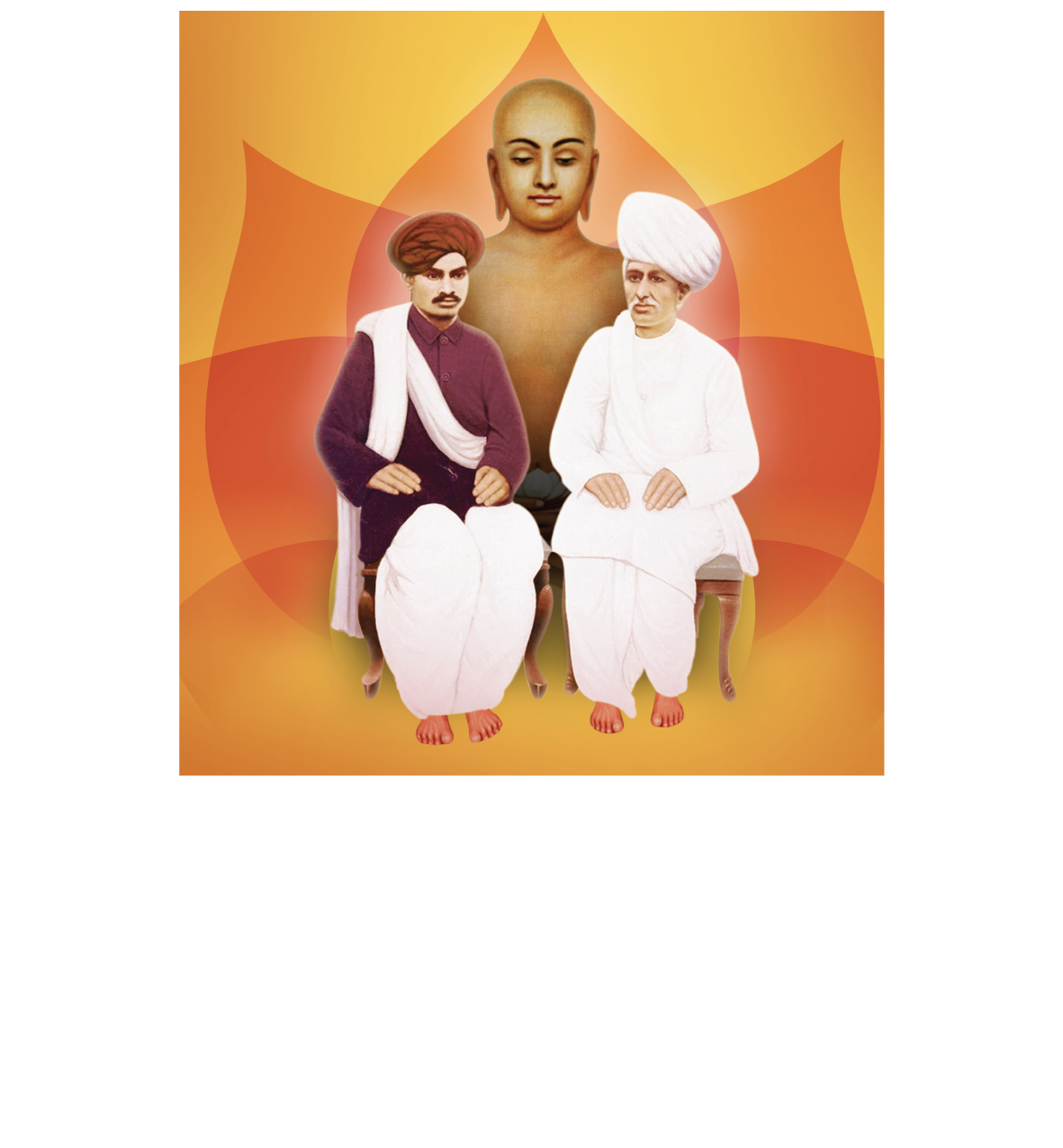IVY Swadhyay
September 2016
‘To Worship is to perceive God in everything’
IVY swadhayas empower young mumukshus to have a spiritual outlook and positive approach in challenging times. A guru teaches everyone to have that kind of perception by being an efficient role model themselves.
The IVY swadhyay for September started with a short and beautiful poem on the 4 seasons. Though the poem was written in accordance to the weather cycle in the USA, Brahmnisht Minalben creatively amalgamated with it the 4 ‘Bhavanas’ and explained how our Guru has made these Bhavanas a part of their innate nature and how we must also do the same. The derived essence of the poem preaches the supreme importance of Friendship, Compassion, Appreciation and Equanimity in our lives.
- A Guru is like spring. He nurtures our soul, encourages us and fills our life with colours of amity. (Maitri bhavna).
- A Guru is like summer; he fills our life with light and brightens our day. His presence spreads happiness and contentment like the rays of the sun. The Sun and our Guru teach us to be compassionate. (Karuna bhavna).
- A Guru teaches us to appreciate the bright colours of the fallen leaves in autumn. He reminds us to focus only on the good qualities in others and the positive side of any challenging situation. (Pramod bhavna).
- Winter reminds us that no matter how hard it snows outside; we can always keep ourselves warm inside. Similarly, a Guru teaches us the art of equanimity; a method which can safeguard our soul from any harm. (Madhyastha bhavna).
- The poem ended with a line of gratitude to our Guru for his divine presence in our lives.
Minalben went on to explain letter number 143 in which Shrimadji, at the age of 23, enumerated 5 philosophies for every mumukshu to follow unconditionally:
1. By every possible means, one must get rid themselves of the 4 negative qualities: anger, ego, deceit and greed. The thoughts and deeds from previous births have formed binding karmas, which have come to fruition. Only when we cultivate a glad acceptance of every situation and person we come in contact with, will our karmas dissolve.
2. We must not succumb to material desires because the ‘so-called happiness’ they give us is temporary and they will eventually lead us to gloom over loss or damage. Eternal happiness can only be found within our soul.
3. We have been in the grip of an unending cycle births and deaths since time immemorial, and will continue to do so until we resolve to act and free our souls from all karmas.
4. It is important to recognize that joy cannot be derived from the transient world but cab be found in the infinite qualities of the Atma within us.
5. We must seek shelter of an enlightened soul and have unflinching faith in every word he says.
The point number 5 is the most important say Shrimadji.
Continuing her discourse further, Minalben shared a short story to explain better:
Once there were 2 princely brothers, who were best of friends and followed Jainism. Once, one of them developed a severe blister on his tongue. Doctors and experts from across four corners of the world tried to treat him, but to no avail.
As the blister aggravated, it started emanating a foul smell and no one could stand his presence. However, his loyal brother ignoring the putrid breath remained at his bedside. One day he put his finger in a glass of water and recited the holy Navakar Mantra. On sprinkling this water on his brother’s tongue, the wound started to heal, miraculously.
This incident fortified their faith in Jainism and the Navakar Mantra.
Once when the great Avdhi Gyani Acharya, Bhadra Bahu Swami passed by their city, the brothers questioned the saint about the reasons for the prince’s suffering?
The great Acharya replied: “In your previous birth, both of you were brothers and had witnessed a monk being bitten by a snake. This incident made this prince resolve to kill the snake. Your brother warned you about the bad karma you would accumulate due to such ill feelings towards another living being, but you were adamant. The painful blister was the fruit of this bad karma from your previous birth. Also, the karma-span was about to end, and this coincided with the chanting of the Navakar Mantra. Thus this chanting acted as a catalyst.”
The lesson that every mumukshu needs to take from this moral story was bad karmas from our previous births will certainly bear fruit and one must sincerely repent and seek forgiveness for all our sins – committed in thought, word or deed.

